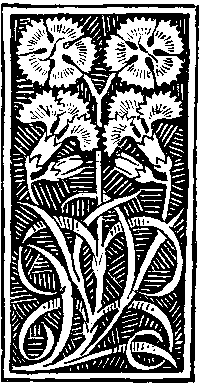Things Best Left Unspoken
Debunking the Myth of the Author in Somerset Maugham’s Cakes and Ale
DOI:
https://doi.org/10.5281/zenodo.10825621Keywords:
author figure, biofiction, biography, Cakes and Ale, Thomas Hardy, Somerset Maugham, reputation, unreliability, Victorian literature, Hugh WalpoleAbstract
Somerset Maugham’s Cakes and Ale: Or, the Skeleton in the Cupboard (1930) is based on flashbacks concerning Edward Driffield, a recently deceased Victorian author, who is partly based on Thomas Hardy (1840-1928). Alroy Kear, a fictional representation of Hugh Walpole (1884-1941) and author of a planned account of Driffield’s life, insists that everything should not be told in the biography, suggesting that some things may be better left unsaid. In a prefiguration of the self-reflexivity of postmodernism, the narrator, Ashenden – Maugham’s own persona – expands on the value of the first-person narrative, raising questions of reliability. Thus, the representation of the three author-characters becomes a means to deconstruct the myth surrounding the figure of the writer. Indeed, the reader is led to question what makes the reputation and worth of an author, as Maugham proposes a critical assessment of the process of idealisation of the Victorian author figure, from the relatively brief temporal distance of some forty years.
Downloads
Published
Issue
Section
License
Copyright (c) 2024 Neo-Victorian Studies

This work is licensed under a Creative Commons Attribution-NonCommercial-NoDerivatives 4.0 International License.


